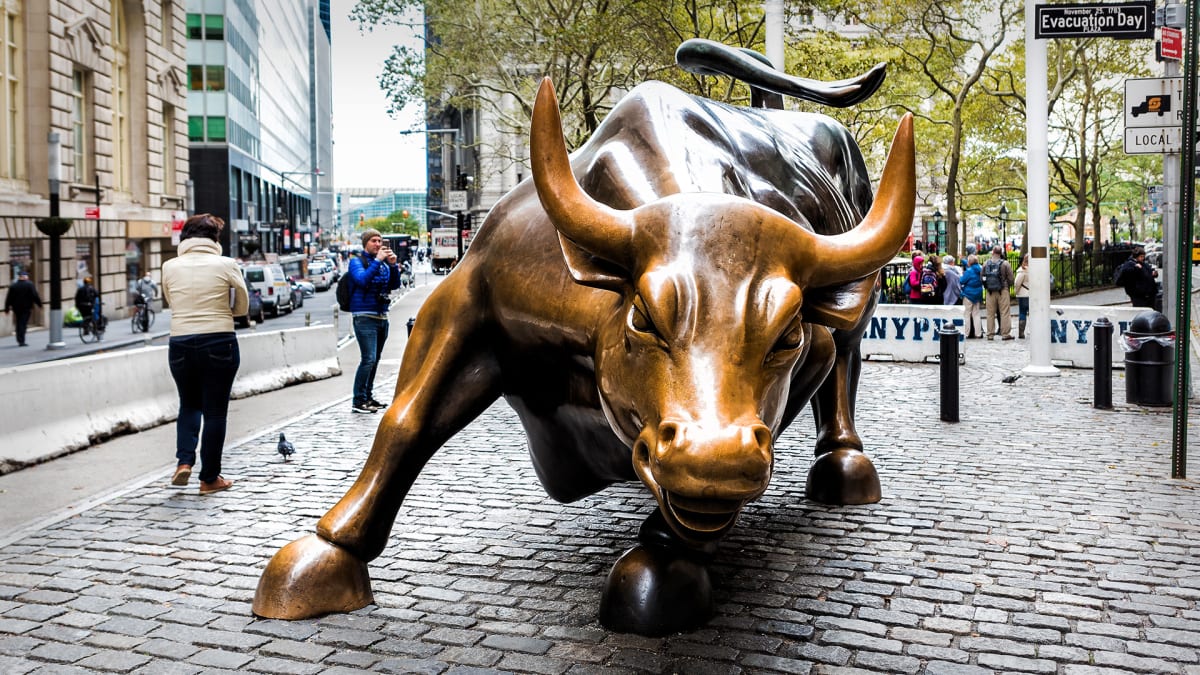
A growing number of corporate executives and directors apparently believe in the success of their companies.
Insider stock-buying is on the rise, and experts say that can boost the stocks that are seeing the buying. But the insider buying doesn’t mean so much for the market as a whole.
More than 1,000 executives and directors at over 600 companies purchased their own stocks in March, the highest for both categories since last May, according to research firm Washington Service, as cited by The Wall Street Journal.
Also, the ratio of insider buying to selling reached a six-month high last month. Washington Service declined to disclose its data to TheStreet.com.
Insider-selling doesn’t generally have much impact on a stock’s price, experts say. “Insiders sell for a myriad of reasons,” Jack Ablin, chief investment officer of Cresset Capital, a wealth management firm, told TheStreet.com.
That could include financing a major purchase or diversifying their assets and lessening their financial dependence on the company. Much insider selling is pre-planned.
For the long-term, stock prices are dictated by a company’s fundamentals (i.e. revenue and profits), and those factors often have nothing to do with insiders’ decisions to sell.
Insider Buying Carries Meaning
But insider-buying generally means that managers or directors are bullish on the company’s fundamentals.
“Someone with a lot of knowledge of the company” believes in it, Andy Kapyrin, co-chief investment officer at CI RegentAtlantic Private Wealth, told TheStreet.com. “They already have career-risk in the business, yet they feel like they need to act on an investment opportunity.”
Ablin agrees.
“Insider buying is generally a bullish signal,” he said. The impact of the buying on a stock depends on how many insiders are doing it and how much they are buying.

“It it’s a small transaction, I wouldn’t view it with the same confidence as one of six figures or more,” Kapyrin says.
Much of the March buying came from insiders at regional banks, according to research firm VerityData, as cited by The Journal. Those insiders likely viewed their shares as a bargain as the bank turmoil, which included two major failures, began percolating in early March. That, of course, pushed bank stocks down.
The buying included insiders at Cullen/Frost Bankers (CFR), Fifth Third Bancorp (FITB) and PacWest Bancorp (PACW).
Success Isn’t Guaranteed
To be sure, insider buying doesn’t guarantee success. Cullen/Frost and Fifth Third Bancorp shares have declined since March 31. The problem is that regional bank fundamentals remain questionable.
“A run on deposits can impact regional banks’ business model,” Kapyrin says. “On one hand confidence can boost managers’ buying, but the underlying business is a little murky. You should take the buying with a grain of salt.”
Insider-buying can influence a stock price for days or weeks, but as mentioned above, the company’s fundamentals will dictate price movement in the long term, experts say.
Looking at the market as a whole, widespread insider buying could provide some support, Kapyrin says. “It may indicate senior managers have confidence about their own companies’ outlooks. It suggests companies are trading cheap for their fundamentals.”
But Ablin says the impact is limited. “Insider buying is a factor, but it’s more of a spice than an ingredient in how I look at the market. It’s not a determining factor.”
More important are valuation, the economy, liquidity for borrowing/spending/investment, psychology and momentum, he says.







